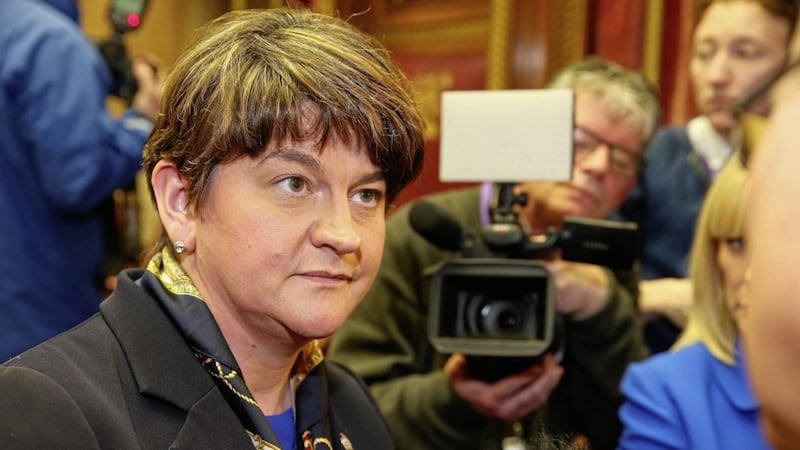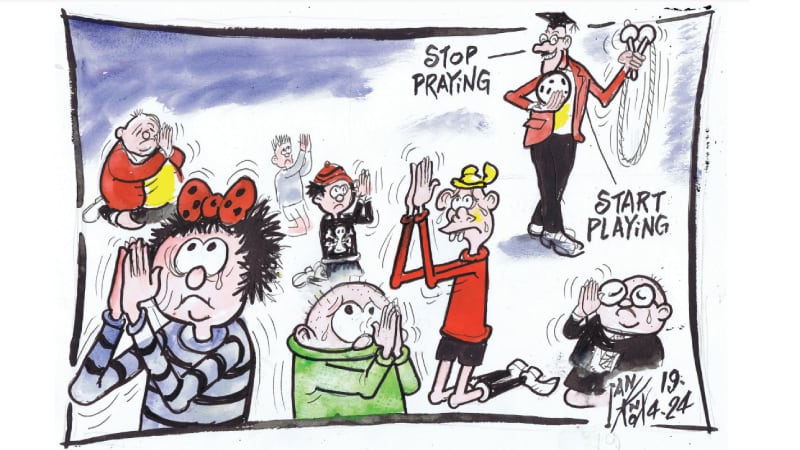AS the dust settles on the doomed deal that never was, it seems clear that 20 years on from the Good Friday Agreement unionism and nationalism are in very different places.
There are aspects of political unionism that have not yet reconciled itself with the past and there are elements within the DUP who still 'hold their nose' while doing business with Sinn Féin and never really felt comfortable being in government with republicans.
What also seems clear after this week, is that those hard-line elements of the DUP are the ones who hold the balance of power.
'Unionist outrage' is an overused phrase but when details of the proposed draft agreement, with what would amount to an Irish language act, started to emerge late on Sunday night it was apparent the DUP had backed itself into a very intolerant corner.
Arlene Foster, who defected from the UUP in opposition to political compromise made by David Trimble, seemed unwilling and unable to deliver a similar compromise on language rights.
We could do an autopsy on the failed negotiations for ever and a day, but it won't change the fact nationalists remain sceptical about the long term benefits of Stormont. The constant blocking of social and equality issues by the DUP - appears on the face of it at least - to suggest an unwillingness to adapt and modernise.
The nationalist electorate, including young first time voters, came out in record numbers to give Sinn Féin a mandate after they collapsed the institutions and the message they sent was loud and clear.
The Irish language act, which is as much about the symbolism of respect as it is about the act itself, had been the focus of the last few days.
But there are much wider issues and more deeply rooted problems that amount to a lack of trust between the two main parties.
Over the course of the last 20 years there have been many political crises, however, this time it is different.
Political rivals can work in government together. They don't even have to particularly like each other, but where there is a lack of trust - that is almost impossible to overcome.
Arlene Foster may have satisfied the hard-liners in her party by collapsing the talks without compromise, but it may also cost her the leadership of the DUP.
By appeasing the 'no surrender' element of her party she's fed a different kind of crocodile, and it will be back for more.








